May 3, 2024 | 11:52 GMT +7
May 3, 2024 | 11:52 GMT +7
Hotline: 0913.378.918
May 3, 2024 | 11:52 GMT +7
Hotline: 0913.378.918
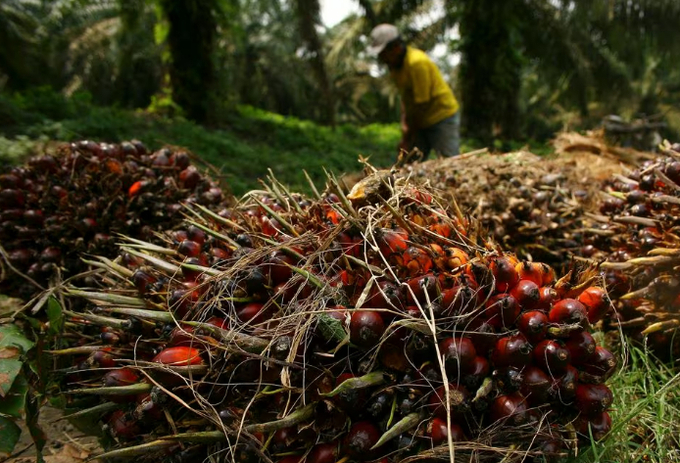
A worker piles up palm fruits at a palm plantation in the Serdang Bedagai district of Indonesia's North Sumatra province November 29, 2011. Photo: REUTERS/Y.T Haryono
More than 475 billion rupiah ($30.7 million) in fines have been issued so far, an official from the ministry of Maritime Affairs and Investment Firman Hidayat told reporters, who did not provide further details or identify the companies fined.
Indonesia said last month it had identified some 200,000 hectares (494,210 acres) of oil palm plantations in areas designated as forests, which are expected to be returned to the state to be converted back into forests.
Indonesia, the world's biggest palm oil producer and exporter, issued rules in 2020 to sort out the legality of plantations operating in areas that are supposed to be forests, aimed at fixing governance in the sector.
Officials said the measures were necessary as some companies have already been tending the land for years.
Companies have to submit paperwork and pay fines to obtain cultivating rights on their plantation by Nov. 2, 2023, according to the rules.
While 3.3 million hectares (8.1 million acres) of the country's nearly 17 million hectares of palm plantation have been found in forests, only owners of plantations with a combined size of 1.67 million hectares have been identified.
(Reuters)
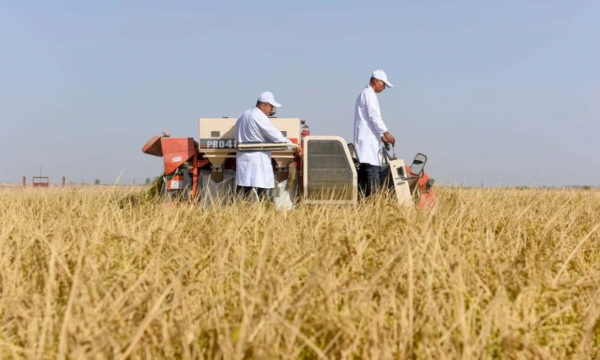
(VAN) Chinese scientists have cut the growth cycle of a conventional rice variety in half in a desert greenhouse in Xinjiang, a welcome agricultural innovation for Beijing as it seeks new methods to ensure food security.
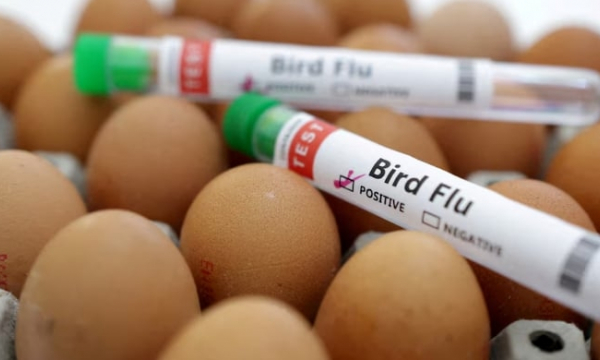
(VAN) Preliminary results of tests on additional dairy products show that pasteurization inactivates the bird flu virus, the U.S. Food and Drug Administration said on Wednesday.
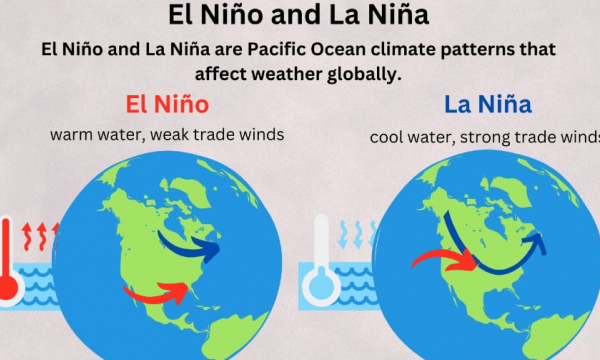
(VAN) At UNGA-ECOSOC event, FAO Deputy Director-General emphasizes the key role of anticipatory action in protecting and equipping communities ahead of shocks.
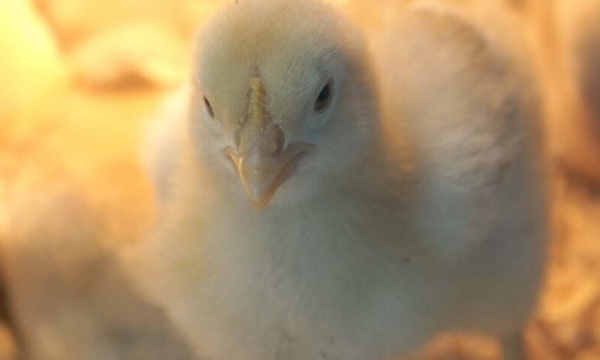
(VAN) Despite protein reduced poultry feed – better performance parameters and less burden for the environment!
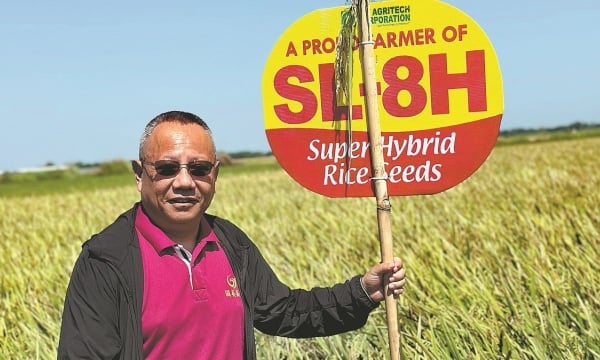
(VAN) The increased yields of a hybrid rice strain developed in China have helped countries participating in the Belt and Road Initiative to bolster their food security.
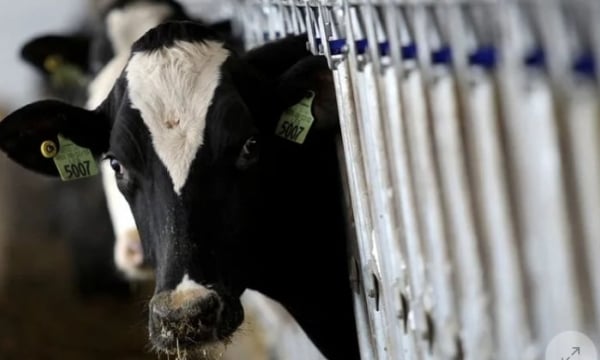
(VAN) The U.S. government said it is collecting samples of ground beef at retail stores in states with outbreaks of bird flu in dairy cows for testing, but remains confident the meat supply is safe.

(VAN) Early tests of pasteurized milk–purchased at grocery stores in areas with cows that have tested positive for H5N1–suggest that it is not infectious and wouldn’t be able to make people sick, FDA said.